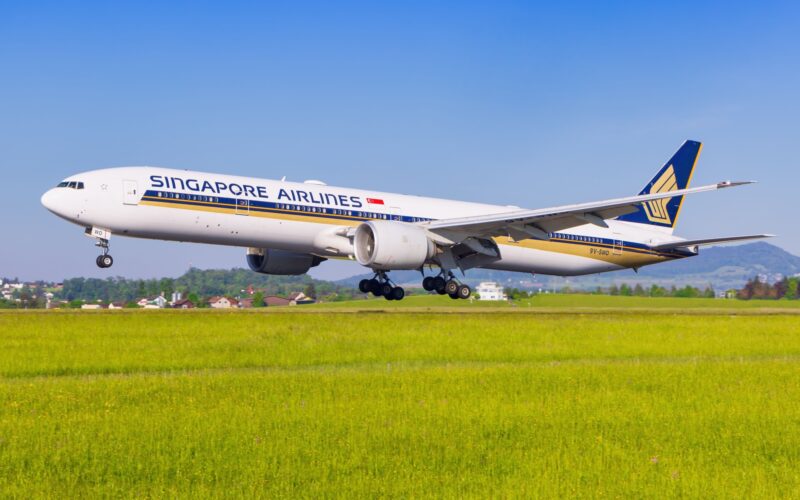Singapore Airlines has officially laid out its offers of compensation to passengers who sustained injuries on flight SQ321 when it hit extreme turbulence.
The incident resulted in the death of one passenger and multiple others were injured.
In a Facebook post dated June 11, 2024, the airline apologized for the “traumatic experience” endured by passengers on SQ321 on May 20, 2024.
The carrier also confirmed it had sent out compensation offers to passengers on June 10, 2024.
What compensation is Singapore Airlines offering to passengers?
For passengers who sustained minor injuries from the incident, the airline said it is offering $10,000 each.
For more serious injuries, the airline said it had invited passengers to discuss a compensation offer that would meet each specific circumstance.
For passengers who have been medically assessed to have obtained serious injuries requiring long-term medical care and are requesting financial assistance, Singapore Airline said it had offered an advance payment of US$25,000 to address their immediate needs. That amount will be part of the final compensation.
Additional compensation
In addition to the categorized offers, Singapore Airlines will provide a full refund of the air fare to all passengers who flew on SQ321 on May 20, 2024, including those who did not suffer any injuries.
All passengers will also receive delay compensation in accordance with the relevant European Union or United Kingdom regulations.
The airline said it has also provided all passengers with SGD1,000 ($740) to meet their immediate expenses upon departure from Bangkok, where the flight performed an emergency landing after the turbulent episode.
The Singaporean flag carrier had also been covering the medical expenses of the injured passengers and arranged for their family members and loved ones to fly to Bangkok where requested.
The airline said it remains committed to supporting the affected passengers.
One death, dozens of injuries
The flight encountered a dramatic drop of almost 6,000 feet when it encountered an air pocket over the Irrawaddy Basin in Myanmar.
The turbulence resulted in the death of one passenger, 73-year old Geoff Kitchen, a retired British grandfather from Thornbury, near Bristol in southwest England.
Among the dozens of passengers hurt, one of the most seriously injured is 52-year old Kerry Jordan, from Adelaide Australia. Jordan suffered a break in her spine at the C7-T1 segment, which joins the neck with the upper back. She also suffered a brain bleed, fractures of the C1 and C2 vertebrae at the top of the spine, and fractured ribs.
The injuries have left Kerry, a dance teacher, paralyzed from the chest down.
Positive feedback
After posting its compensation offers on its Facebook page, the airline was met with mostly positive feedback from social media users.
One comment said that while the traumatic experience cannot be compensated with any monetary value, the “good effort” and immediate action of the airline should be commended.
Many comments also praised the airline’s transparent and regular communication and timely updates via Facebook and other social media pages since the incident occurred.

